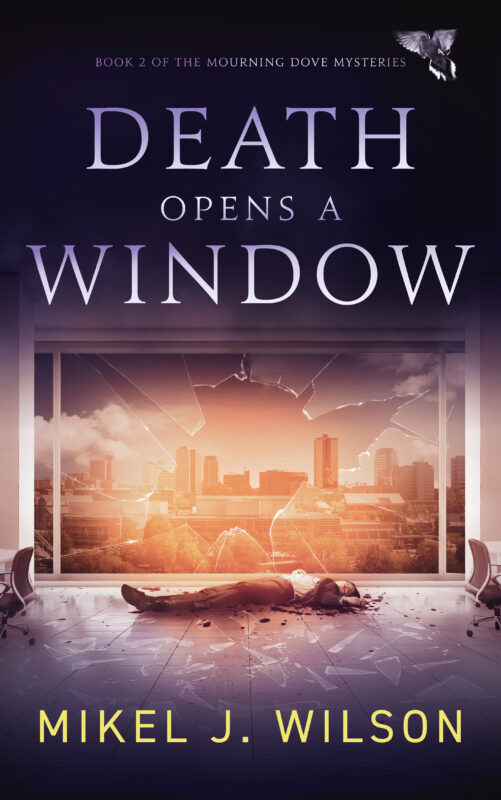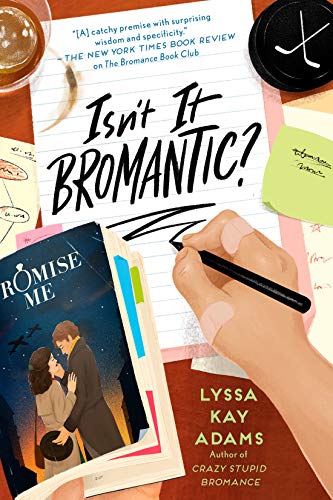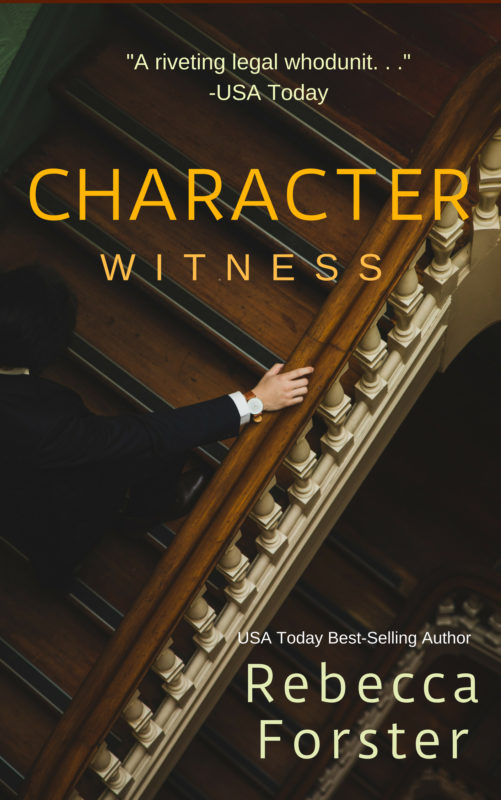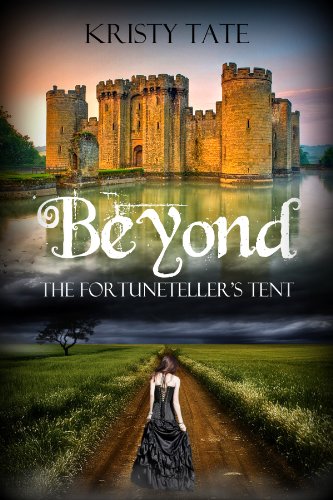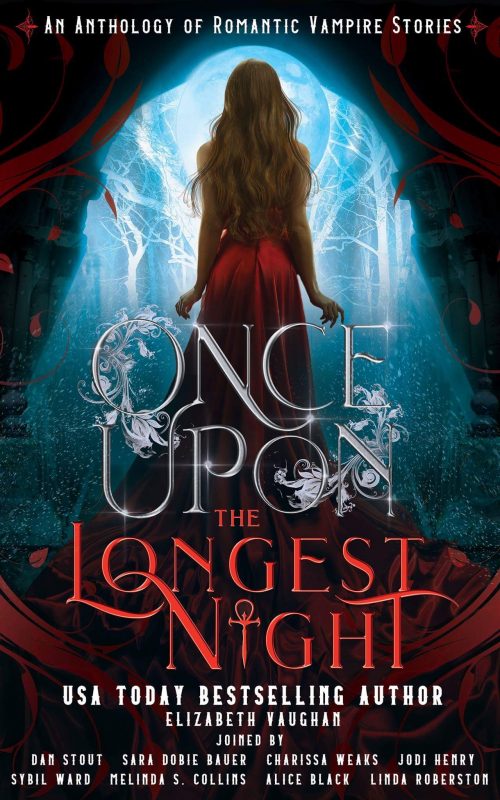Many of you have heard of the suit the Association of American Publishers and the Author’s Guild (a class action suit) brought against Google in response to Google’s plans to digitize copyrighted content without the copyright holder’s permission. Google additionally gives a complete digital copy to the libraries from whom they were getting the content, to do with what they wanted.
While Google said they were only planning on using “snippets” (not a legally defined quantity, so it’s whatever they decide) to aid in search, and felt that the open wording of Fair Use would cover them in making entire copies of protected material, Publishers and the Author’s Guild did not agree. Both Publishers and the Author’s Guild felt that anyone making a full copy of a copyrighted work should ask the copyright holder’s permission.
After two years of negotiation, a Settlement was reached, which you also may also have heard about. The Settlement has been delayed and there will be fairness hearings on October 7th. Now it seems that everyone and their kitchen sink is weighing in with issues, and the settlement may not go through. That would not be good news, in my opinion. While the settlement is by no means perfect, it’s a start. Without it, content creators and publishers are left very vulnerable on the digital frontier.
And it is literally a frontier. To continue the metaphor, settlers are going out in their covered wagons, putting stakes in the ground, claiming the open land. It’s not an easy life, and initially, fortune seems to favor lawlessness. But once enough people move out there, laws become increasingly important to be able to survive and thrive as a society. You’ve seen the movies–it’s a challenging process, but respecting property and creating and abiding by a rule of law is a key next step. That’s what needs to happen on the digital frontier, and the settlement is a great first step.
For those that don’t see the problem of making a full digital copy, here is my metaphor: If I want to show (or not show) parts of my body to the public–maybe I wear a short skirt, or maybe I wear a scarf, or maybe I go topless in a particular place–that’s my choice. But to those that want to take a full body scan of all of me–yes, EVEN if you promise you’ll only show little bits, even if it’s for medical reasons–you have to ask me. My body of content, my choice.
John Sargent, an AAP member, was featured in an interview in the June 8th issue of Publishers Weekly (Sargent Makes the Case). Additionally, Tom Allen, the new CEO of the AAP had a recent op-ed in Publisher’s Weekly.
In recent days some strong arguments in favor of the Settlement have also appeared in print from individuals who are not party to the Settlement. Reuter’s financial columnist Mark Gimien has a recent piece “In Defense of Google Books” which describes the benefits and goes on to debunk some of the myths that have been circulating with great clarity and is well worth reading.
Another is a letter to the Financial Time“Booklovers should cheer Google’s plan” from David Balto a Senior Fellow at the Center for American Progress and former Policy Director of the Federal Trade Commission. These should offer a better understanding of what’s at stake.
I also wanted to include some broad information about the Settlement and why it seems a very positive step. Take a moment to review the points. Romance may not be on the front lines of what is at issue, but the principal affects us all, and we need to stand together:
• Provide readers and researchers with access to millions of out-of-print books, many of which are currently difficult or impossible for readers to obtain, in a searchable online database.
• Turn every public library building in the U.S. into a world-class research facility by providing free access to the online portal of out-of-print books.
• Permit any college or university in the U.S. to subscribe to the same rich database of out-of-print books.
• Give new commercial life to millions of books, while protecting the economic rights of authors and publishers.
If not approved by the court, the litigation between AAP, the Authors Guild and Google may continue for years, and with a great risk that authors and publishers will have no effective means to stop the widespread use of copyrighted material that is likely to follow.
I. Benefits for Readers and Researchers
The settlement unlocks a vast archive of out-of-print books, providing readers and researchers with far greater access to books than ever before.
Access at your public library. The settlement turns every library into a world-class research facility, by offering every public library building in the U.S.–all 16,500 of them–a free online portal to millions of out-of-print books.
Access at colleges and universities. The settlement offers students and teachers in even the smallest and most remote American colleges and universities access, through institutional subscriptions, to millions of books previously available only in the largest academic libraries in the country. Faculty members and students will be able to tap into this library from their offices and dorm rooms.
Access at your computer. Anyone online in the U.S. will have free “preview†access to hundreds of millions of pages of text (up to 20% of each book). Review hundreds of accounts of the Battle of Vicksburg, or of the beginnings of the Industrial Revolution, or of the sources and interpretation of Moby Dick, at no charge. Find one book particularly compelling? Buy access to the entire book. Access to public domain books is free, of course, and authors controlling the rights to their books can choose to give away access for free.
II. Benefits for Authors and Publishers
Out of print books have value, but that value is lost to the market and to authors and publishers. The settlement breathes new commercial life into out-of-print books, while leaving the existing market for in-print books alone.
Find new readers. Out-of-print books need no longer be relegated to the used book market. The settlement will make out-of-print works available to hundreds of millions of readers, through ad-supported previews, sales of online editions, and institutional subscriptions. If a book catches on, there will be sales data to prove it, which may create an opportunity to bring the work back into print in traditional form.
In-print books are unaffected. A cardinal rule in the negotiations was not to disturb the market for in-print books. Titles that are in print won’t be made available through any of the means described in the settlement, unless the author and publisher expressly want them to be.
A Book Rights Registry to protect rightsholders. A non-profit registry governed by authors and publishers will oversee the settlement on their behalf, to help make sure rightsholders receive the benefits they’re entitled to. (Sign up for the Registry by filing a claim at googlebooksettlement.com.)
A fair share of revenues. 63% of gross revenues go to authors and publishers; Google keeps 37%. Funds will be paid to the Book Rights Registry, which will pay authors and publishers after retaining a modest administrative fee. If rights have reverted to authors, they will receive 100% of the rightsholder revenue.
Unprecedented control for authors and publishers. Authors and publishers will manage their rights through an account management page at the Book Rights Registry. Authors who control rights to their works, for example, may choose to allow Google to display ad-supported previews of books, sell online editions (authors may set the price or let an algorithm do it for them), and license the work to colleges and universities, or they may choose to block all display uses. Authors can change their minds, at any time, with reasonable notice. What if a book comes back into traditional print? The rightsholder can then simply turn off all display uses, if it chooses, and permit the publisher to sell the work through standard retail outlets.
Authors’ estates, too. Authors’ estates exercise the same rights as authors.
At least $45 million in payments for unauthorized scanning. Any of Google’s digitizing of in-copyright books done before May 5, 2009 is considered unauthorized under the settlement. Google will pay to obtain a release of these copyright infringement claims. Under the settlement, Google will pay at least $60 and as much as $300 to rightsholders for each book that it scanned without authority, for a total payment to rightsholders of at least $45 million.
III. Benefits for All
Viable Market. The settlement creates a viable economic structure for a new digital market of on-line access to out-of-print and lesser known works.
Encourages competition. The settlement encourages competition by making non-exclusive all the rights granted to Google in the Agreement and by empowering the Book Rights Registry to negotiate arrangements with Google’s competitors.
Well, if you’ve gotten this far, congratulations and thank you! I want to continue to inform and clarify this issue for the community. We need educated advocates to support this important step.
- Author Details
- Books on Sale
- New Releases
- Contact Us
- Be in the Spotlight
Books on sale or free

Related
Affiliate Links
A Slice of Orange is an affiliate with some of the booksellers listed on this website, including Barnes & Nobel, Books A Million, iBooks, Kobo, and Smashwords. This means A Slice of Orange may earn a small advertising fee from sales made through the links used on this website. There are reminders of these affiliate links on the pages for individual books.
Search A Slice of Orange
Find a Column
Archives
Featured Books
ISN’T IT BROMANTIC
With his passion for romance novels, it was only a matter of time before Vlad wrote one.
More info →CHARACTER WITNESS
Kathleen Cotter, junior partner at a past-its-prime Beverly Hills law firm gets a doozy of a first case.
More info →BEYOND THE FORTUNETELLER’S TENT
When Petra Baron goes into the fortuneteller’s tent at a Renaissance fair, she expects to leave with a date to the prom.
More info →ONCE UPON THE LONGEST NIGHT
The longest night. A vampire’s delight.
More info →Newsletter
Contributing Authors
Search A Slice of Orange
Find a Column
Archives
Authors in the Bookstore
- A. E. Decker
- A. J. Scudiere
- A.J. Sidransky
- Abby Collette
- Alanna Lucus
- Albert Marrin
- Alice Duncan
- Alina K. Field
- Alison Green Myers
- Andi Lawrencovna
- Andrew C Raiford
- Angela Pryce
- Aviva Vaughn
- Barbara Ankrum
- Bethlehem Writers Group, LLC
- Carol L. Wright
- Celeste Barclay
- Christina Alexandra
- Christopher D. Ochs
- Claire Davon
- Claire Naden
- Courtnee Turner Hoyle
- Courtney Annicchiarico
- D. Lieber
- Daniel V. Meier Jr.
- Debra Dixon
- Debra H. Goldstein
- Debra Holland
- Dee Ann Palmer
- Denise M. Colby
- Diane Benefiel
- Diane Sismour
- Dianna Sinovic
- DT Krippene
- E.B. Dawson
- Emilie Dallaire
- Emily Brightwell
- Emily PW Murphy
- Fae Rowen
- Faith L. Justice
- Frances Amati
- Geralyn Corcillo
- Glynnis Campbell
- Greg Jolley
- H. O. Charles
- Jaclyn Roché
- Jacqueline Diamond
- Janet Lynn and Will Zeilinger
- Jaya Mehta
- Jeff Baird
- Jenna Barwin
- Jenne Kern
- Jennifer D. Bokal
- Jennifer Lyon
- Jerome W. McFadden
- Jill Piscitello
- Jina Bacarr
- Jo A. Hiestand
- Jodi Bogert
- Jolina Petersheim
- Jonathan Maberry
- Joy Allyson
- Judy Duarte
- Justin Murphy
- Justine Davis
- Kat Martin
- Kidd Wadsworth
- Kitty Bucholtz
- Kristy Tate
- Larry Deibert
- Larry Hamilton
- Laura Drake
- Laurie Stevens
- Leslie Knowles
- Li-Ying Lundquist
- Linda Carroll-Bradd
- Linda Lappin
- Linda McLaughlin
- Linda O. Johnston
- Lisa Preston
- Lolo Paige
- Loran Holt
- Lynette M. Burrows
- Lyssa Kay Adams
- Madeline Ash
- Margarita Engle
- Marguerite Quantaine
- Marianne H. Donley
- Mary Castillo
- Maureen Klovers
- Megan Haskell
- Melanie Waterbury
- Melisa Rivero
- Melissa Chambers
- Melodie Winawer
- Meriam Wilhelm
- Mikel J. Wilson
- Mindy Neff
- Monica McCabe
- Nancy Brashear
- Neetu Malik
- Nikki Prince
- Once Upon Anthologies
- Paula Gail Benson
- Penny Reid
- Peter Barbour
- Priscilla Oliveras
- R. H. Kohno
- Rachel Hailey
- Ralph Hieb
- Ramcy Diek
- Ransom Stephens
- Rebecca Forster
- Renae Wrich
- Roxy Matthews
- Ryder Hunte Clancy
- Sally Paradysz
- Sheila Colón-Bagley
- Simone de Muñoz
- Sophie Barnes
- Susan Kaye Quinn
- Susan Lynn Meyer
- Susan Squires
- T. D. Fox
- Tara C. Allred
- Tara Lain
- Tari Lynn Jewett
- Terri Osburn
- Tracy Reed
- Vera Jane Cook
- Vicki Crum
- Writing Something Romantic
Affiliate Links
A Slice of Orange is an affiliate with some of the booksellers listed on this website, including Barnes & Nobel, Books A Million, iBooks, Kobo, and Smashwords. This means A Slice of Orange may earn a small advertising fee from sales made through the links used on this website. There are reminders of these affiliate links on the pages for individual books.
























































































